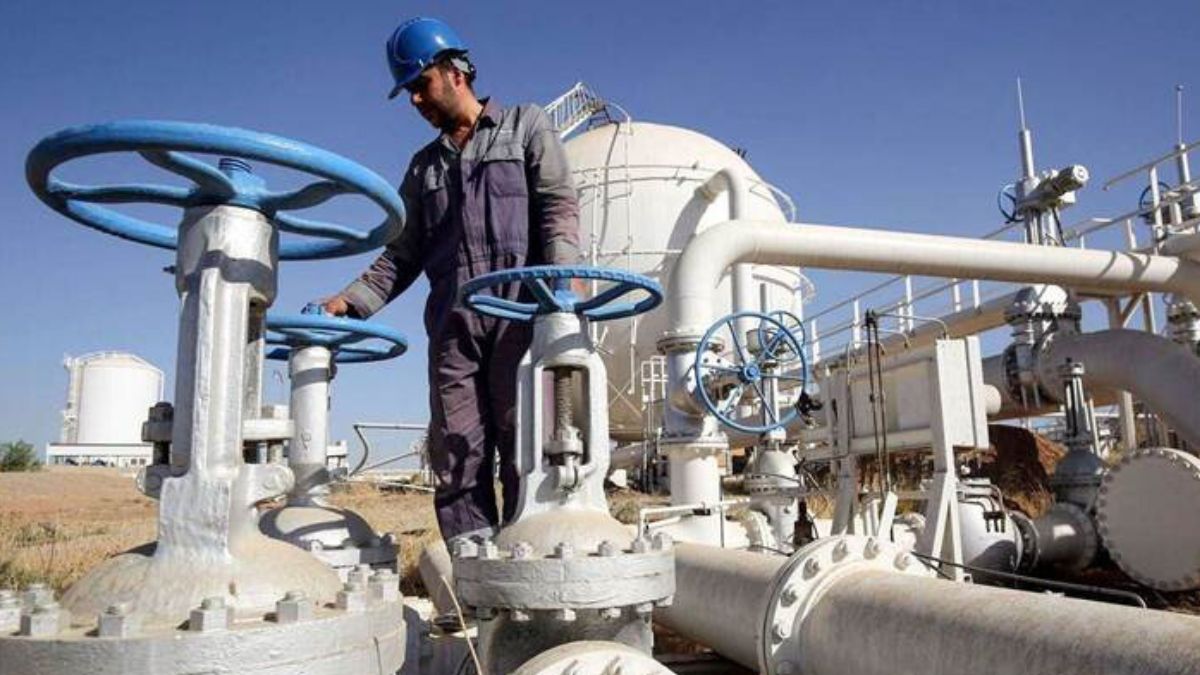In a significant move to align with OPEC+ production targets, Iraq’s Ministry of Oil has announced a reduction in its oil output by nearly 200,000 barrels per day. The decision, aimed at supporting global oil prices and stabilizing the market, reflects Iraq’s commitment to the collective goals set by the OPEC+ alliance.
The cut, set to take effect immediately, is part of a broader strategy by the Organization of the Petroleum Exporting Countries and its allies to manage supply and sustain oil prices amidst fluctuating global demand. Iraq, one of OPEC’s largest producers, has agreed to adhere to this new quota as part of its commitment to the group’s production agreements, which are designed to balance market dynamics and prevent oversupply.
The reduction will bring Iraq’s output closer to the targeted level agreed upon by the OPEC+ members during recent negotiations. This step is expected to contribute to a tighter global oil market, potentially driving up oil prices, which have been under pressure due to varying economic conditions and shifting energy policies worldwide.
Iraq’s oil industry, crucial to the country’s economy, has seen various fluctuations in production levels in recent years. The current reduction underscores the government’s dedication to supporting international oil market stability and reinforcing its role within the OPEC+ framework.
The announcement has been met with mixed reactions. While some market analysts predict a potential uptick in oil prices, others caution that global economic uncertainties could dampen the impact of Iraq’s production cut. Nevertheless, the move highlights Iraq’s ongoing efforts to navigate the complexities of global oil markets and its alignment with international production regulations.
This development is a clear signal of Iraq’s strategic approach to balancing its economic interests with global market expectations as it continues to navigate the evolving landscape of the oil industry.

